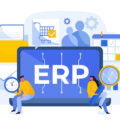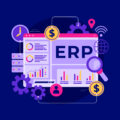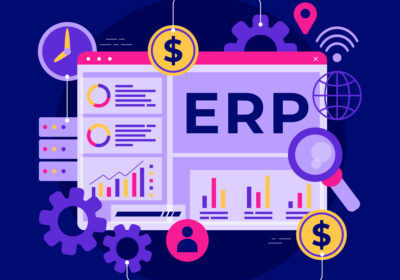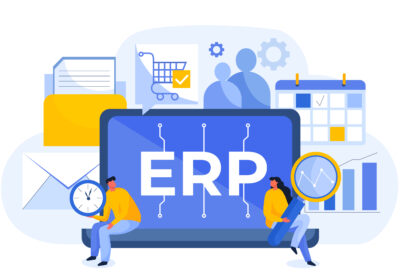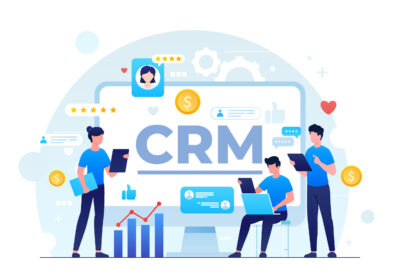Dubai’s ERP landscape in 2025 is modern on the surface, cloud-native, AI-enabled, and mobile-accessible. Yet, despite these advancements, most ERP platforms still miss the mark where it truly matters: delivering business-aligned, regionally relevant, and future-proof solutions.
Here’s what’s still missing, and what the UAE market urgently needs.
1. Deep Localization That Goes Beyond Translation
Many ERP platforms proudly showcase Arabic interfaces, but localization isn’t just about language. UAE businesses face specific regulatory, financial, and labor compliance requirements, from VAT and ESR to WPS and sustainability mandates post-COP28. Unfortunately, most ERPs still treat these as add-ons.
What’s needed: Native support for local tax reporting, WPS compliance, e-invoicing (ZATCA for KSA, soon FTA), ESR documentation, and real-time integration with government portals such as the Ministry of Finance and Central Bank.
2. Pricing Models That Support SMEs
Dubai’s business landscape is dominated by startups and SMEs, yet most ERP pricing remains enterprise-centric, user-based licenses, rigid contracts, and high setup costs make adoption prohibitive for small businesses.
What’s needed: Modular, usage-based pricing that allows companies to start small, scale fast, and pay only for what they use.
3. AI That Solves Real Business Problems
AI features are everywhere, but most ERP platforms offer only surface-level automation. Predictive analytics and workflow automation often lack regional tuning or industry-specific intelligence.
What’s needed: AI trained on GCC-specific data, capable of recognizing seasonal sales patterns (e.g., Ramadan), local compliance needs, and regional buying behavior, not just generic trends pulled from global datasets.
4. Native Ecosystem Integrations
Businesses in Dubai don’t operate in isolation, they need ERP systems that connect seamlessly with platforms like:
-
Noon and Amazon UAE for e-commerce
-
Dubai Trade for import/export logistics
-
RTA and Salik for fleet management
-
Emirates NBD, Mashreq, ADCB for banking
-
E-dirham and local payroll solutions
APIs alone are not enough.
What’s needed: Pre-configured, no-code integrations that reduce time to go live and ensure reliability across essential systems.
5. ESG Functionality That’s Built In
With the UAE’s increasing focus on green governance post-COP28, ESG tracking is no longer optional. Yet most ERP systems treat it as a bolt-on or external tool.
What’s needed: ESG modules built into core reporting frameworks, including carbon footprint tracking, green procurement metrics, and compliance-ready sustainability reports.
6. Truly Mobile-First ERP Experience
In a city where executives make decisions on the go, ERP mobile apps often underdeliver, offering limited access, poor UI, and lack of offline functionality.
What’s needed: A mobile-native ERP layer with full feature parity, including approvals, workflows, dashboards, and inventory, designed for business continuity anytime, anywhere.
7. Data Residency Transparency
Data sovereignty is increasingly critical in Dubai, especially for businesses in regulated sectors. Yet many ERP vendors hosted on global cloud platforms lack clarity around local data residency, redundancy, and compliance.
What’s needed: Verified UAE-based cloud hosting, sovereign cloud options, and transparency around data handling policies aligned with DIFC, ADGM, and national cybersecurity frameworks.
ERP in Dubai Needs to Evolve — Fast
Dubai’s ambitions to become the world’s smartest city require infrastructure that is not just digital, but intelligent, integrated, and localized. ERP software must rise to meet the complexity and velocity of doing business in the UAE.
If your ERP software doesn’t:
-
Support UAE-specific compliance out of the box
-
Scale with startups as easily as with conglomerates
-
Integrate with the systems Dubai actually runs on
-
Offer mobile-first, AI-powered, ESG-ready operations
…it’s not future-ready.
ERP isn’t just about managing data. In 2025, it’s about enabling decisions, ensuring compliance, and powering growth with precision.

